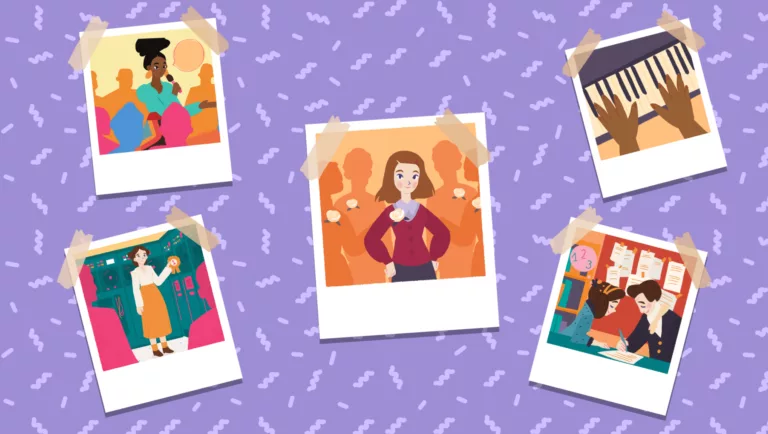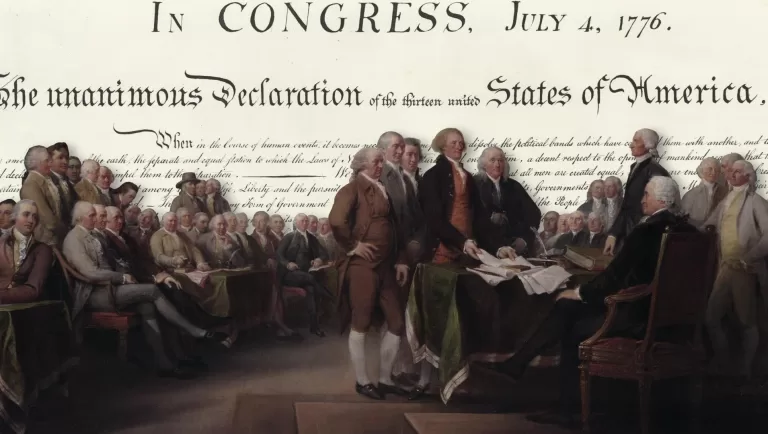
Is Your Child at the Centre of Their Education? – Part Two
Last month I looked at the beginnings of child-centred education - you can read it here. Whilst John Dewey was the father of all free-thinkers in the education sector, it was his ideas and theories which were carried forward, expanded and practically implemented by free-thinking education heavyweights such as Jean Piaget, Lev Vygotsky and Maria Montessori.
Piaget described himself as a genetic epistemologist, a branch of philosophy that focuses on origin, nature, extent, and limits of human knowledge. Piaget was particularly interested in how genetics impact the development of the nature of thought. He identified 4 stages of cognitive development – the sensorimotor stage, age 0-2, the preoperational stage, age 2-7, the concrete operational stage, age 7-11, the formal operation stage, age 12 into adulthood. At each stage, humans become more adept at managing abstract thought.
Maria Montessori was one of Italy’s first female physicians whose early medical practice focused on psychiatry but became interested in education and took classes in pedagogy and educational theory. She noted that the methods for teaching children with learning disabilities were not what they should be, so when she was made co-director of a new training institute for special education teachers, she developed a whole new set of models for creating successful education methods for children with special needs. Part of this allowed a more relaxed classroom environment where children were free to choose the materials with which they learned. By 1910 Montessori schools were found throughout Europe and by 1911 she had opened schools in the USA too. Today, Montessori Schools are found worldwide and the Montessori Method is hailed as being tailored to the individual needs of each and every child.
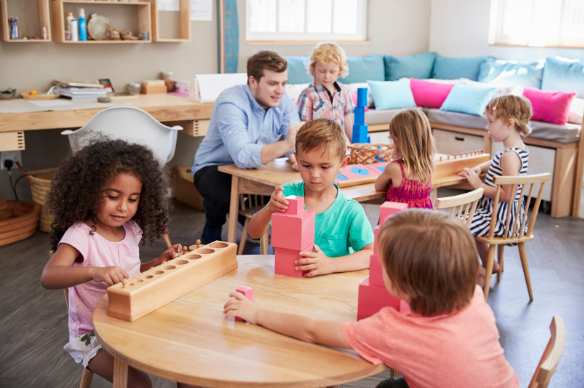
Lev Vygotsky’s contribution to the field of child-centred education was sociocultural theory. It views human development as a socially mediated process where children acquire beliefs, cultural values and ability to problem solve through collaborative dialogues with more knowledgeable members of society.
Where Piaget placed little emphasis on the importance of sociocultural context to a child’s education, Vygotsky thought that this was central. He also disagreed with Piaget on the stages of development – Vygotsky didn't believe this, and other ways in which their theories the role of language where they were in complete disagreement as to the importance of this in educational development. They were also at complete odds in their beliefs about how best to teach children. Piaget’s approach was to give children the framework and let them get on and learn, whereas Vygotsky believed it was important to establish opportunities for children to learn via interactions with the teacher and more skilled peers.
In terms of who was right or wrong – the answer is somewhere in the middle. There are aspects of Piaget’s theories and experimentation which certainly have stood the test of time as there were Vygotsky’s.
The second half of the 20th second, changes in how children around the world were educated occurred, as the widespread adoption of the tried and tested theories. This culminated in the introduction of technology into the classroom.
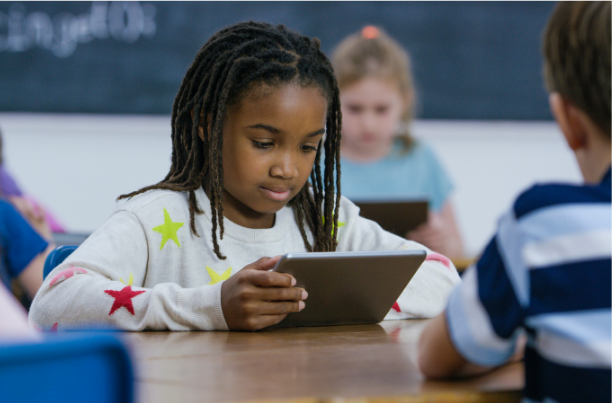
In my next blog, I will be taking a look at the impact and changes which have taken place as a result.
Let's Work together

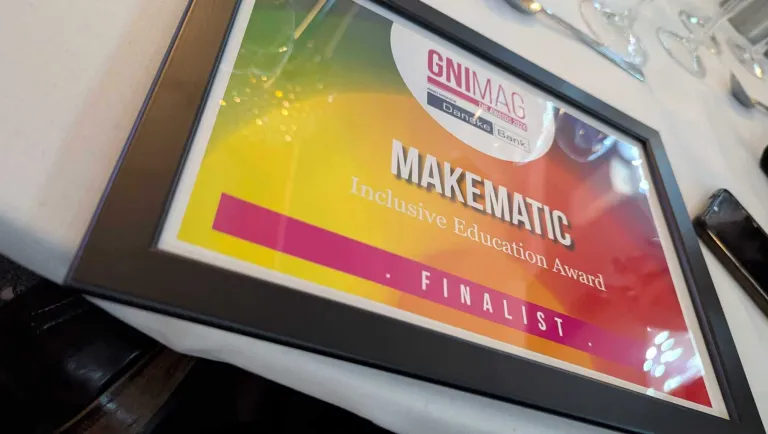
Makematic Finalists in Inclusive Education Award
